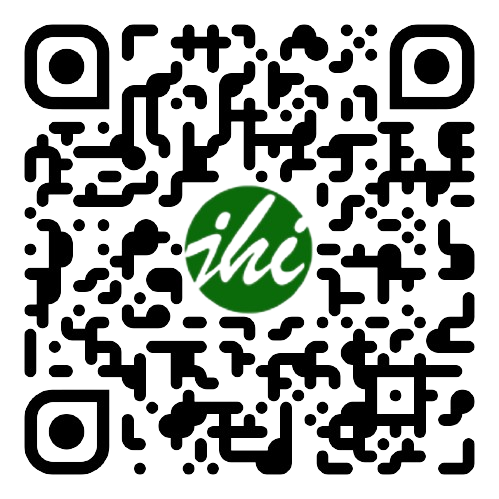Removing Dual-Discourse (National and Shari’ah Law) in the Formulation of Region’s Policy in Jember
DOI:
https://doi.org/10.28918/jhi.v19i1.3482Keywords:
The Dichotomy of Local Regulation, Islamic Jurisprudence, Sharia MaqasidAbstract
This article will explore that irrelevant today to say there are differences between Shari’ah Jurisprudences and secular/modern state formulation of law. Yet, Islam as a major religion in Indonesia had dominant roles to construct regulation based on their beliefs in Islamic teaching. Besides that, Moslem society also could respond to the un-universal law if it is compatible with Islamic values through social and political movements. Therefore, this article also will define what Islamic regulation point of view and embedded beliefs of Moslems written inside the regulation. This article will be conducted by qualitative research model and approached by social-phenomenological perspective. In the end, this article concludes that based on maqashid al shari’ah there are not dichotomies of Islamic regulation or modern/secular law in Indonesia, especially in Jember (the object of study) caused the formulation of this regulation was based on Islamic law process and substantive teleological to become Moslem society in Indonesia.
Downloads
Published
How to Cite
Issue
Section
License
Copyright (c) 2021 Jurnal Hukum Islam

This work is licensed under a Creative Commons Attribution-NonCommercial 4.0 International License.
Jurnal Hukum Islam use a variety of waivers and licenses that are specifically designed for and appropriate for the treatment of data:
- Open Data Commons Attribution License, http://www.opendatacommons.org/licenses/by/1.0/(default)
- Creative Commons CC-Zero Waiver, http://creativecommons.org/publicdomain/zero/1.0/
- Open Data Commons Public Domain Dedication and License, http://www.opendatacommons.org/licenses/pddl/1-0/
Other data publishing licenses may be allowed as exceptions (subject to approval by the editor on a case-by-case basis) and should be justified with a written statement from the author, which will be published with the article.













.png)














